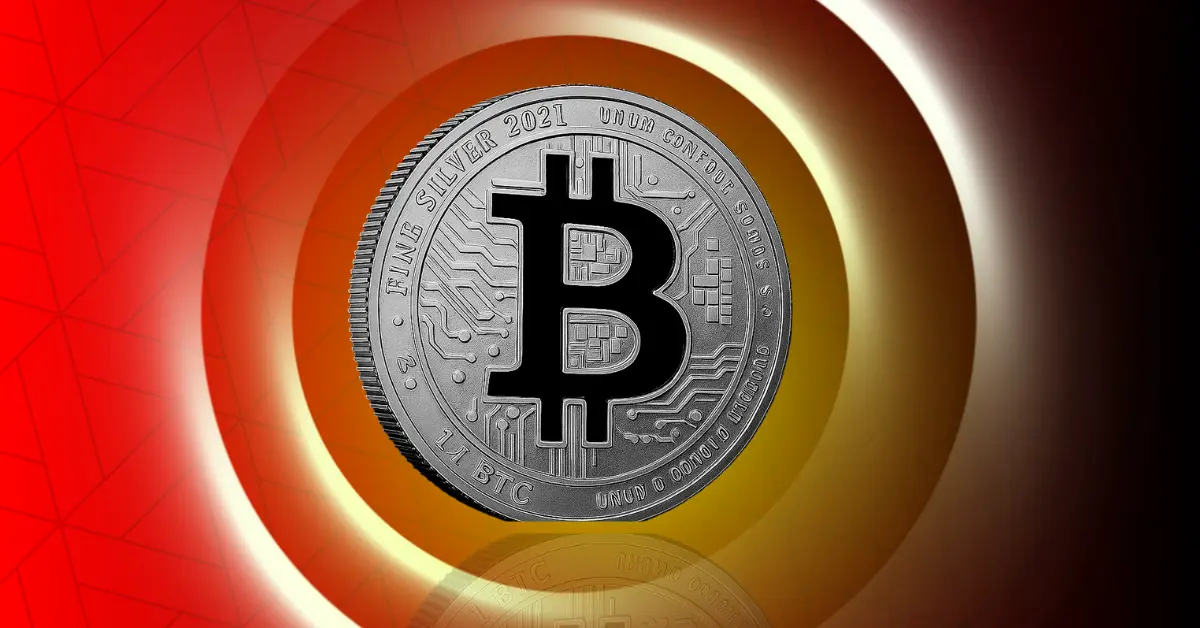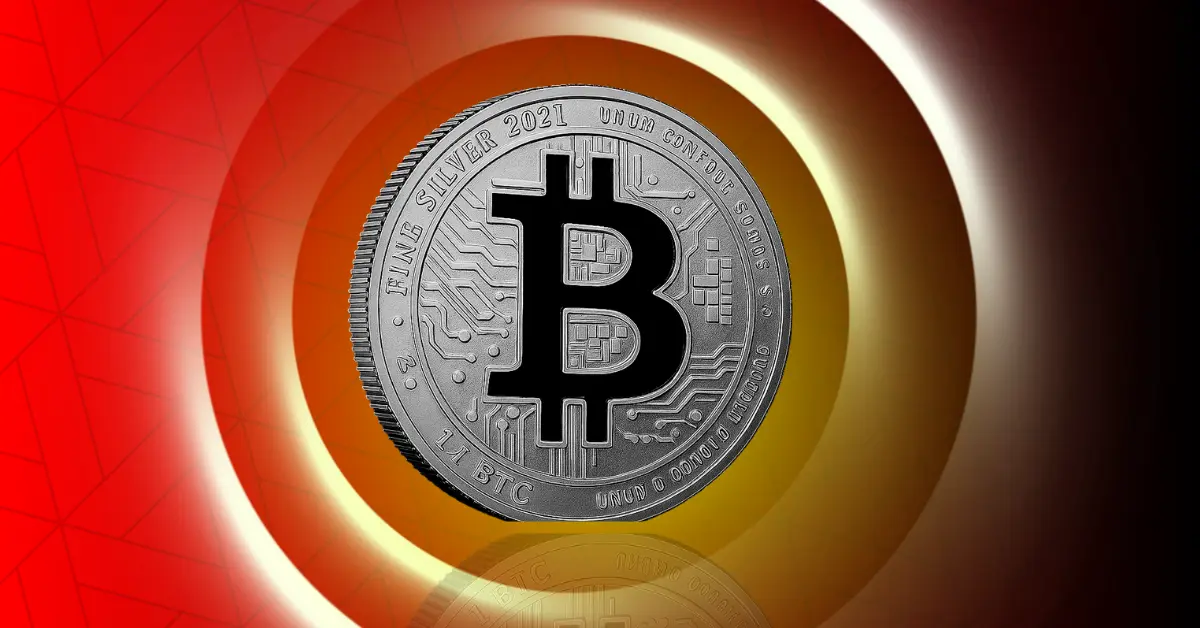Invesco’s Crypto Play: A New Chapter in Institutional Adoption
The financial world is witnessing a sea change. Digital assets are no longer fringe novelties; they’re becoming increasingly integrated into the mainstream. Invesco’s recent strategic moves, particularly hiring Kathleen Wrynn from JP Morgan to head its $1.6 billion crypto division, underscore this trend. This isn’t just a single company testing the waters. It’s a bellwether, signaling a broader acceptance of cryptocurrency by institutional players and their strategic positioning to capitalize on its potential. Let’s dissect the implications of Invesco’s decisive move, examine the context of growing institutional interest, and highlight the role key personnel play in navigating this exciting financial frontier.
Bridging the Gap: The Invesco-JP Morgan Connection
Invesco, managing a staggering $1.8 to $1.9 trillion in assets, has bet big on crypto by entrusting Kathleen Wrynn to lead its rapidly growing crypto arm. Wrynn’s background at JP Morgan, specifically her experience in the blockchain division, is particularly significant. Her experience directly supporting product development within the Web3 realm makes her expertly positioned to guide Invesco’s digital asset strategy. She now oversees a sizable $1.6 billion portfolio encompassing a diverse range of crypto ETFs and tokenized assets, including three Blockchain and Crypto Ecosystem ETFs and three Global Spot Cryptocurrency ETFs.
This appointment is more than just a simple allocation of resources; it’s about acquiring crucial expertise. JP Morgan, despite CEO Jamie Dimon’s past reservations, has started to recognize the growing importance of digital assets, even considering offering loans against Bitcoin and crypto ETFs. Wrynn’s move from a traditionally cautious institution to one that actively embraces crypto signifies a maturing market. The fact that other JP Morgan executives are also transitioning to crypto firms further solidifies this trend. This is a talent migration, a flow of knowledge and experience, marking a turning point in the industry.
Beyond the Hype Cycle: Institutional Adoption Takes Root
The timing of Invesco’s strategic move is key. The crypto market, Bitcoin in particular, has experienced a resurgence, which has reignited the interest of institutional investors. Reports suggest that a substantial 86% of institutional investors are planning to incorporate some form of digital asset exposure into their portfolios by 2025. This isn’t just about fleeting speculative investment. It’s a strategic diversification play driven by the prospect of significant returns and an acknowledgement of the shifting financial landscape.
Furthermore, the increasing sophistication of crypto investment vehicles, like ETFs, makes it easier for institutions to gain exposure without the complexities of direct ownership. JPMorgan’s plans to accept Bitcoin ETFs as collateral for loans and consider crypto holdings when evaluating client net worth demonstrate a growing acceptance of these instruments. The emergence of Bitcoin treasuries within over 120 public companies, many previously unconnected to crypto, strengthens the asset class’s legitimacy. This is no longer a niche market; it’s becoming a recognized part of the broader financial ecosystem.
ETFs: Opening the Gates to Crypto Investment
Exchange-Traded Funds (ETFs) are proving instrumental in bridging the gap between traditional finance and the dynamic world of crypto. Invesco’s focus on crypto ETFs, evident in their management of the $1.6 billion portfolio, underlines the importance of these products. ETFs provide compelling advantages for institutional investors, most notably liquidity, transparency, and regulatory compliance. These advantages allow institutions to access crypto assets without the operational hurdles associated with custody and security.
The recent approval of spot Bitcoin ETFs in the US has been a game-changing moment, opening the door for significant institutional investment. JPMorgan’s acceptance of these ETFs as collateral further validates their acceptance as legitimate financial assets. The competition within the ETF space is intensifying, with firms like Grayscale actively seeking to bolster their teams with experienced professionals, demonstrated by their recent recruitment of a former Invesco employee.
Navigating the Regulatory Labyrinth
While institutional adoption gathers momentum, the regulatory landscape remains a significant hurdle. The absence of consistent and clear regulations across jurisdictions creates uncertainty and impedes wider investment. However, the increasing engagement of regulators with the crypto industry suggests a movement towards greater clarity.
Invesco’s decision to bring in a seasoned executive like Kathleen Wrynn, equipped with experience in navigating the complexities of blockchain technology and regulatory frameworks, showcases a proactive approach to managing these risks. Her expertise will be critically important in ensuring that Invesco’s crypto endeavors comply with evolving regulations and uphold the highest governance standards. This isn’t just about compliance; it’s about building trust and establishing a foundation for long-term growth.
JP Morgan’s Evolution: A Microcosm of the Broader Market
The narrative surrounding JP Morgan’s involvement in the crypto space is particularly insightful. Jamie Dimon has openly criticized Bitcoin, dismissing it as a speculative bubble. However, the bank’s actual behavior tells a completely different story. From exploring blockchain applications to delivering crypto-related services to its clients, JP Morgan is quietly but deliberately positioning itself as a key participant in the digital asset ecosystem.
Kathleen Wrynn’s move to Invesco, alongside JPMorgan’s exploration of financing against crypto ETFs, suggests a pragmatic adjustment in strategy. The bank understands the growing demand for crypto services from its clients and is adapting to fulfill that demand, even if it means overcoming lingering internal skepticism. This subtle shift in attitude reflects a wider trend within the financial industry – a cautious yet inevitable embrace of digital assets. It’s a recognition that crypto is not going away and needs to be integrated, not ignored.
Conclusion: The Dawn of a New Era
Invesco’s strategic investment in its crypto division, spearheaded by Kathleen Wrynn is highly significant. It’s not just about seeking short-term profits; it’s about strategically positioning the firm to thrive in a financial world that digital assets increasingly influence. The convergence of factors – accelerating institutional adoption, the ascent of crypto ETFs, and the shifting stance of major players like JP Morgan – signals a new era of financial integration.
The real question isn’t just the $1.6 billion Invesco manages. The fundamental issue is whether traditional finance can successfully navigate the crypto landscape, which some may see as something of a “wild west.” By bringing in experienced leaders and embracing innovative investment products, Invesco is demonstrating a commitment to doing so. The future of finance will be digital and Invesco shows every sign of being at the forefront of this transformational change.












